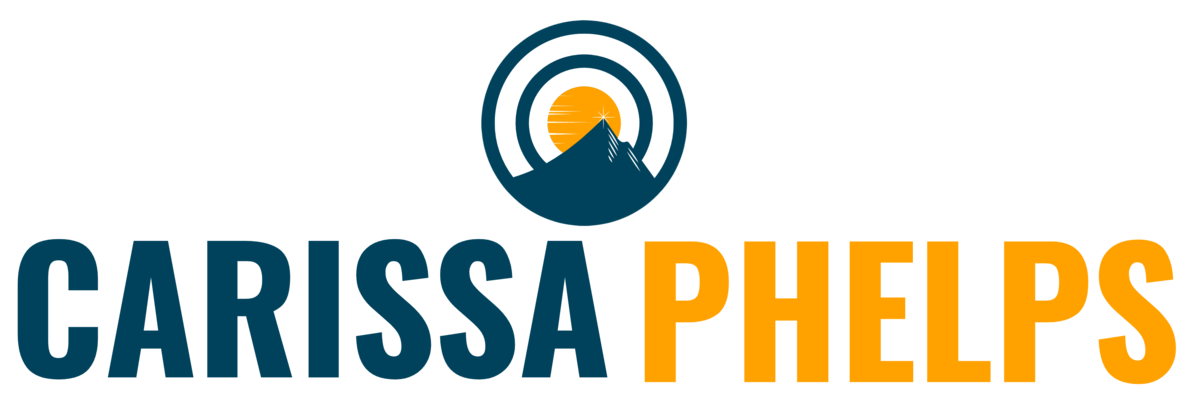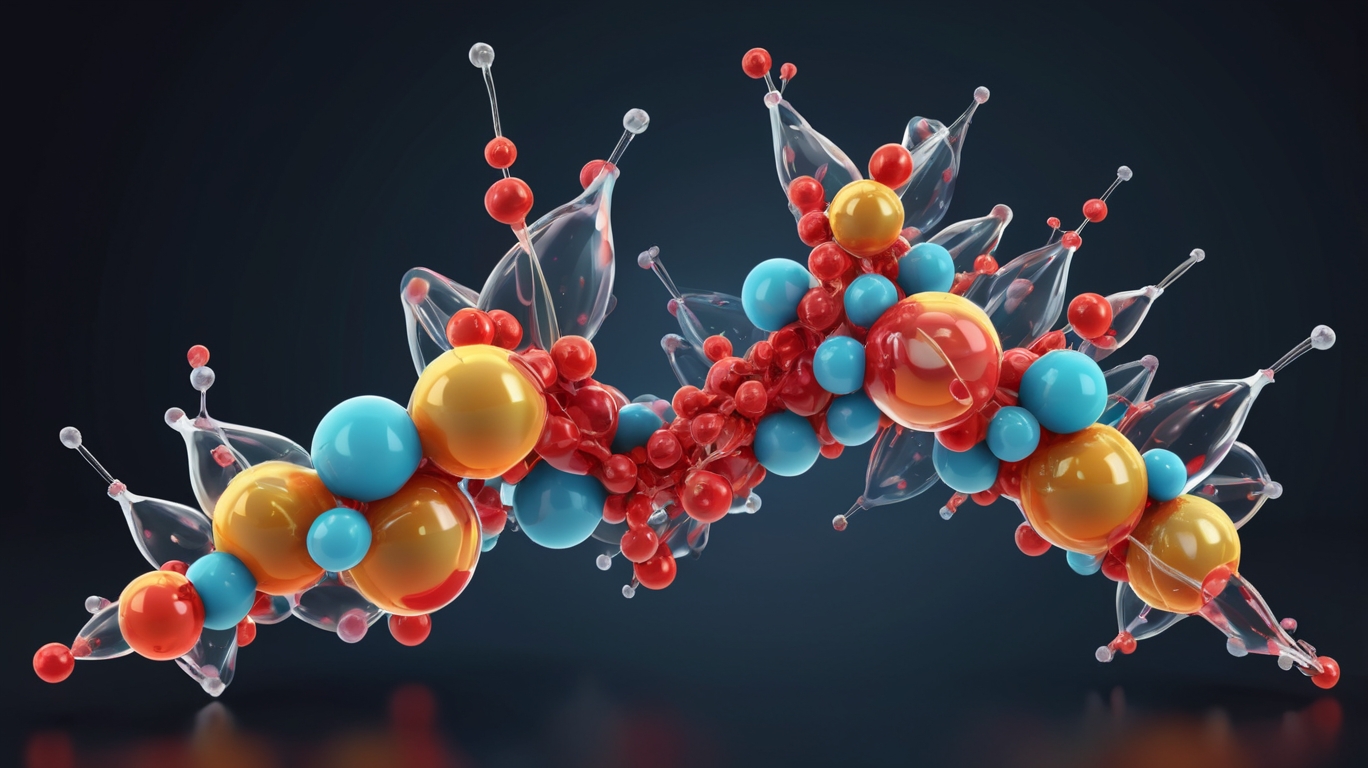Curious about injectable peptides?
If so then you’re in the right spot. Whether you’re into fitness, health, or just plain curious, this guide’s got you covered. Let’s dive into the world of peptides without any fluff.
As an Asian American fitness influencer, I’m going to give you my opinion on what I’ve found through research and buying injectable peptides.
What are Injectable Peptides?
Injectable peptides are short chains of amino acids that can be administered directly into the body. They’re like the building blocks of proteins, but more compact and targeted. These little guys are used in various fields, from fitness to medical research, and even in anti-aging treatments.
Peptides can be naturally occurring or synthetic, designed to mimic the body’s own molecules. They’re often used for muscle growth, fat loss, and recovery. Some popular ones include insulin-like growth factor 1 (IGF-1), growth hormone-releasing peptides (GHRP), and thymosin beta-4. These peptides can help with hormone optimization and performance enhancement.
Here’s a quick table to highlight some key features:
| Peptide Type | Common Uses | Benefits |
|---|---|---|
| IGF-1 | Muscle Growth | Increases muscle mass |
| GHRP | Fat Loss | Enhances metabolism |
| Thymosin Beta-4 | Recovery | Speeds up healing |
These peptides are also used in peptide therapy for various health benefits. They can aid in joint health, skin health, and even immune support. The versatility of peptides makes them a hot topic in the world of research chemicals.
Legal Status of Peptides
The legal status of peptides can be a bit of a maze. In many countries, peptides are considered research chemicals and are not approved for human consumption. This means you can’t just walk into a store and buy them for personal use. However, they’re often used in clinical trials and medical research.
In the US, the FDA regulates peptides, and they’re only approved for specific medical conditions. This means that while you might find peptides online, their sale and use are often restricted to research purposes. It’s crucial to understand the legal implications before diving into the world of peptides.
Regulatory Guidelines
Regulatory guidelines for peptides vary by country and purpose. In the US, the FDA oversees the approval and regulation of peptides for medical use. This means that any peptide used for therapeutic purposes must undergo rigorous testing and approval processes.
For research purposes, peptides are often classified as research chemicals. This means they’re not intended for human consumption and are typically used in laboratory settings. It’s essential to follow these guidelines to ensure compliance with legal and safety standards.
Potential Risks and Concerns
While peptides offer numerous benefits, they’re not without risks. One of the primary concerns is the lack of regulation in the market. This means that the quality and purity of peptides can vary significantly. It’s crucial to source peptides from reputable suppliers to ensure safety.
Another concern is the potential for side effects. While peptides are generally considered safe, they can cause adverse reactions in some individuals. It’s essential to consult with a healthcare professional before using peptides, especially if you have underlying health conditions.
What about pricing?
Peptides can be rather expensive unless you find a honest company that provides solid pricing and offers like the frequent discount codes with Amino Asylum.
How are Peptides Used?
Peptides can be used in various ways, depending on their purpose. In the fitness world, they’re often used for muscle growth, fat loss, and recovery. These peptides are typically administered through injections, allowing for direct absorption into the bloodstream.
In the medical field, peptides are used for therapeutic purposes. They can aid in joint health, skin health, and even immune support. Peptides are also used in clinical trials to explore their potential benefits and applications.
Are Peptides Safe?
The safety of peptides largely depends on their source and usage. When sourced from reputable suppliers and used as directed, peptides are generally considered safe. However, it’s essential to be aware of potential side effects and consult with a healthcare professional before use.
Peptides can interact with other medications and may not be suitable for everyone. It’s crucial to understand the potential risks and benefits before incorporating peptides into your routine.
Where to Purchase Peptides Legally?
Purchasing peptides legally can be a bit tricky. In many countries, peptides are classified as research chemicals and are not approved for human consumption. This means they’re typically sold for research purposes only.
To purchase peptides legally, it’s essential to find a reputable supplier that complies with regulatory guidelines. This ensures that you’re getting high-quality peptides that are safe and effective.
Understanding Peptide Regulations
Understanding peptide regulations is crucial for anyone interested in using or researching peptides. In the US, the FDA regulates peptides, and they’re only approved for specific medical conditions. This means that any peptide used for therapeutic purposes must undergo rigorous testing and approval processes.
For research purposes, peptides are often classified as research chemicals. This means they’re not intended for human consumption and are typically used in laboratory settings. It’s essential to follow these guidelines to ensure compliance with legal and safety standards.
Legal Implications of Using Peptides
Using peptides can have legal implications, especially if they’re not approved for human consumption in your country. In many cases, peptides are classified as research chemicals and are only intended for laboratory use.
It’s crucial to understand the legal status of peptides in your country and ensure compliance with regulatory guidelines. This helps avoid potential legal issues and ensures the safe and effective use of peptides.
Peptides in Medical Research
Peptides play a significant role in medical research. They’re used to explore new treatments and therapies for various health conditions. Peptides are often used in clinical trials to assess their safety and efficacy.
In the medical field, peptides are used for therapeutic purposes. They can aid in joint health, skin health, and even immune support. Peptides are also used in clinical trials to explore their potential benefits and applications.
Comparing Peptides to Other Substances
Peptides are often compared to other substances like SARMs and anabolic steroids. While they all have performance-enhancing properties, peptides are generally considered safer and more targeted.
Unlike anabolic steroids, peptides don’t typically cause the same level of side effects. They’re also more specific in their action, targeting particular pathways in the body. This makes them a popular choice for those looking to enhance performance without the risks associated with other substances.
Conclusion on Peptide Legality
Navigating the world of peptides can be a bit like walking through a maze. With their potential benefits for fitness, health, and medical research, it’s no wonder they’re gaining popularity. However, understanding the legal and regulatory landscape is crucial to ensure safe and effective use.
Peptides offer numerous benefits, from muscle growth and fat loss to recovery and immune support. But with these benefits come potential risks and legal implications. It’s essential to source peptides from reputable suppliers and consult with a healthcare professional before use.
In conclusion, peptides are a powerful tool in the world of research chemicals and medical research. By understanding their legal status and regulatory guidelines, you can safely and effectively incorporate peptides into your routine.
Frequently Asked Questions
What are the benefits of using peptides?
Peptides offer a range of benefits, including muscle growth, fat loss, and recovery. They can also aid in joint health, skin health, and immune support. Peptides are often used in peptide therapy for their targeted and specific action.
Are peptides legal for personal use?
The legality of peptides for personal use varies by country. In many cases, peptides are classified as research chemicals and are not approved for human consumption. It’s essential to understand the legal status of peptides in your country and ensure compliance with regulatory guidelines.
How do peptides compare to other performance-enhancing substances?
Peptides are often considered safer and more targeted than other performance-enhancing substances like SARMs and anabolic steroids. They don’t typically cause the same level of side effects and are more specific in their action, making them a popular choice for those looking to enhance performance safely.



